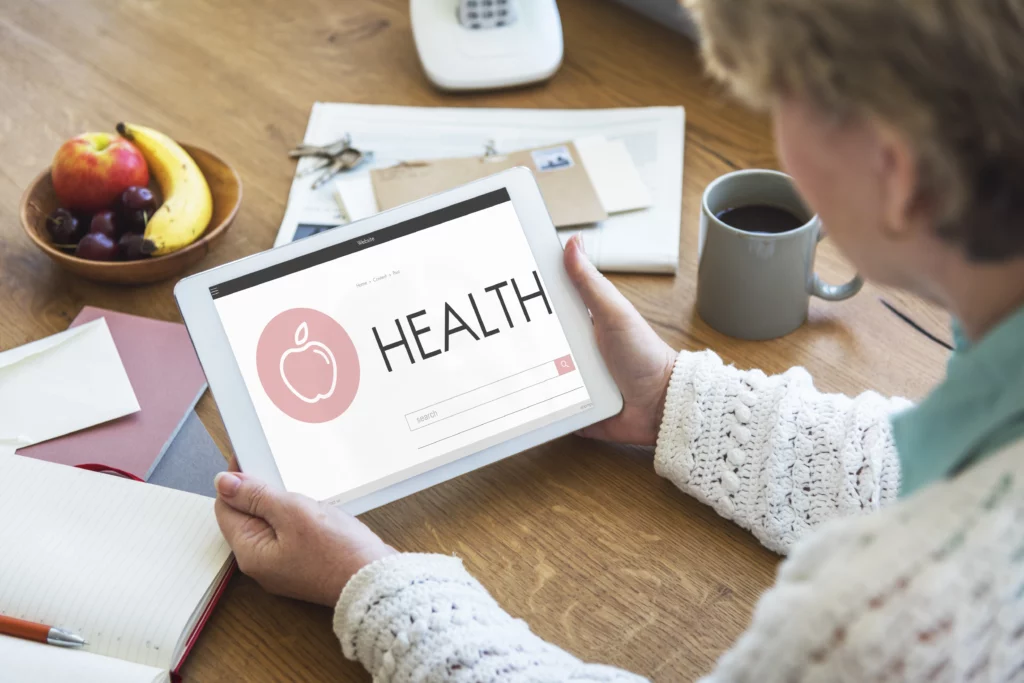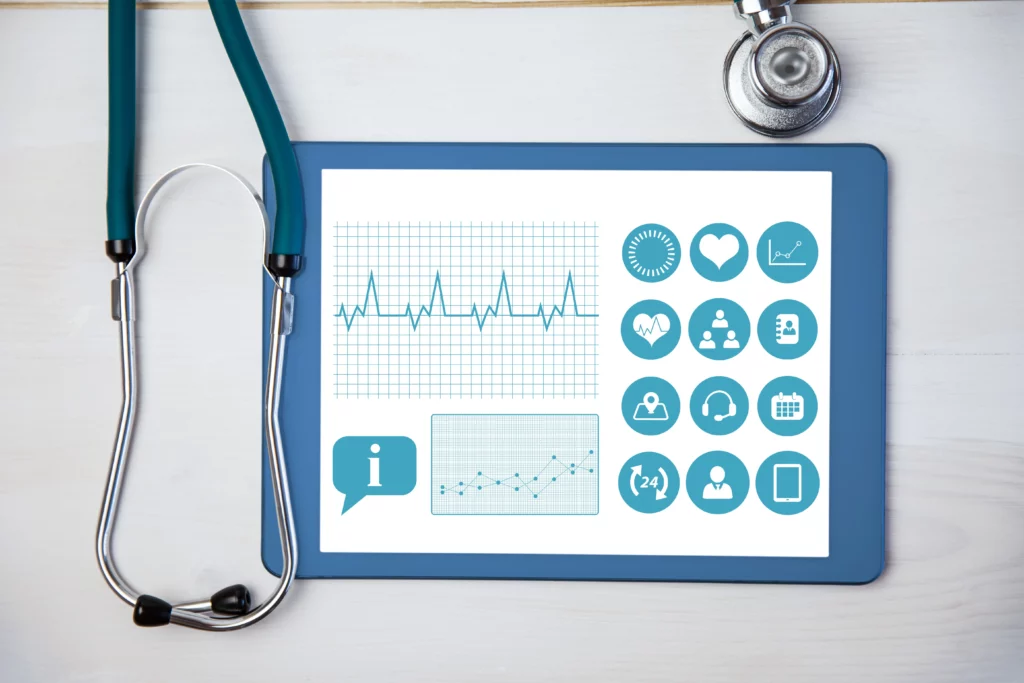24th October 2024
Healthcare services are rapidly evolving and moving to digital formats when it comes to services outside the physical environment. A popular part of this growth is the rise of mobile health (mHealth) apps which play a key role in healthcare automation. However, as the world digitalizes, a pertinent question arises: do patients truly want these apps to track their healthcare?
Recent trends suggest that the answer is a resounding yes, especially when these apps are designed to meet specific patient needs and concerns. Mobile health applications, electronic health records, telehealth, telemedicine, and wearable devices enable patients to monitor their health, allowing physicians to detect potential health issues early, and develop personalized treatment plans based on the patients’ own data and health history.
Jean-Noel Saba, Digital Health Manager for Axios+ at Axios International says that digital health tools have truly transformed the way we manage our health. “By tracking our health data, we can become more proactive about our well-being, making informed decisions that can lead to better health outcomes. It’s not just about improving efficiency or cutting costs; it’s about giving patients the power to take charge of their health journey. This patient centered approach - upon which Axios+ is built – is key to making a difference in our patients' day-to-day lives and long-term health,” he says.

Increased usage and interest
Concurrently, the use of mHealth apps to access medical records and manage health is rising. In the US alone, the HealthIT.gov reports an increase in app usage to access medical records, with 51 percent of individuals doing so in 2022, up from 38 percent in 2020. The growing reliance on digital tools for health management is clear in daily life, with patients finding these apps convenient for frequent access to their health information.
While the interest in health apps is high, patients are increasingly particular about the apps they use and how those apps, in turn, use their data. Nishapa Leeleartkij from Thailand is an ulcerative colitis patient who is enrolled in the Axios International’s Patient Support Programs (PSPs). Since her diagnosis a few years ago, the 45-year-old has been using digital apps to monitor her condition, “I use different apps for different purposes. Some help me to understand the patterns of my medical condition, so I can better manage my lifestyle and treatments to prevent or minimize flare-ups. So many apps are available for patients to choose from, so the key is to find the best one that suits your needs.”
Patients worry about data breaches
Concern is paramount for patients when it comes to digital healthcare tracking, data privacy, and security. Despite healthcare institutions and data owners implementing stringent security measures when storing and managing data, patients worry about data breaches and unauthorized access to sensitive health information, thus preventing some from embracing digital health trackers.
Additionally, patients can easily experience information overload with social media and internet search engines providing health information on demand. So, it is crucial for physicians and other healthcare providers to not only present data in a format that patients can easily understand but also anticipate questions about their condition and debunk untruths patients may encounter online. Those who are less comfortable with technology might find digital health tracking intimidating or cumbersome to navigate without training or support from health tech providers.
Nishapa shares, “I have struggled with some of the more complicated app usage and data upload instructions in the past, which has prevented me from utilizing digital health tracking apps more effectively. I tend to shy away from those that do not have adequate, clear instructions on how to upload my health data.” With apps and ease of access to digital services now second nature, a significant majority of patients strongly desire to manage their health digitally. According to PYMNTS.com, a digital data platform, 76 percent of patients show interest in using digital methods, including apps, to track their health. This interest is particularly pronounced in younger generations, given their propensity to receive healthcare insight and education from social media applications on the go and who are even willing to switch healthcare providers for better digital health management options. The convenience of digital interactions for appointment reminders, test results, and communication with providers is highly sought after, reflecting a shift towards a more tech-savvy patient demographic.
In Mexico, patients' perspectives on using mobile apps for health care monitoring are mixed. A study conducted in 2023 by the specialized portal Doctoralia revealed that 65 percent of respondents use some type of mobile technology to manage aspects of their health, such as medication reminders or virtual consultations. However, only 42 percent of them were completely satisfied with current applications due to concerns about data privacy and the accuracy of the information provided.
Graciela M., a patient with type 2 diabetes from Mexico City, says: “The apps help me to monitor my glucose levels, but I am always afraid that my data could be used without my consent, and I feel that the data about my disease is only of interest to me, my family and my doctor.” This feeling is common among users, who fear that their personal data could be shared with third parties without their knowledge. On the other hand, other patients value the convenience and access to these apps' real-time information, allowing them to better manage their health.

Consumers driving future of healthcare
Dr. Karen DeSalvo, Chief Health Officer at Google Health, emphasizes that “the future of health is consumer driven. People will expect a mobile-first experience with more personalized insights, services, and care.” However, the success of these apps hinges on their ability to align with consumer expectations and provide a seamless user experience. Jean-Noel adds, “While the benefits of digital health tracking are clear, there’s still room for improvement. Health tech providers need to focus on making their solutions user-friendly, offer solid tech support, and prioritize stronger data security and privacy. By addressing these areas, we can help more patients feel comfortable and confident in embracing digital health solutions as a whole.”
The potential benefits of these tools are immense, empowering patients to take charge of their health. However, for digital health tracking to be widely embraced, healthcare providers and tech companies must address issues like data security and ease of use. By doing so, they can create a future where digital health tools are not only.
To get in touch with our program teams, visit axiosint.com/contact-us


